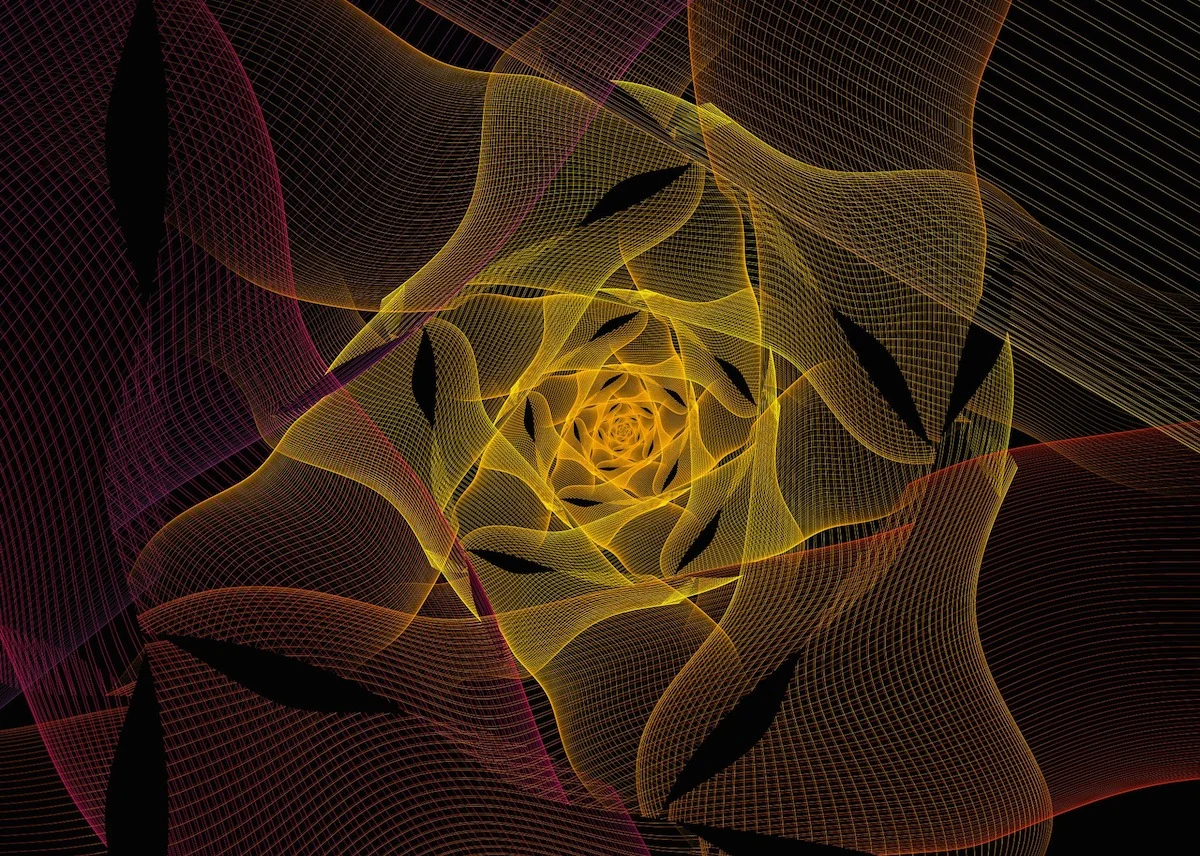Consciousness Club #27 The Collective Computation of Life
Speaker: Olaf Witkowski
Abstract:
Information is found all across the domain of physics, seemingly retaining all its properties regardless of the media in which it is instantiated. Substrate-independence and interoperability made possible symbolic representations such as the genetic code, allowing for life to develop upon it. The next transition closed the loop by producing organisms increasingly aware of their environment. This eventually led to human life, capable of learning the underlying principles that created it, with the invention of language and science.
I focus my research on collective cognition, which one can see as the informational software to life's physical hardware. If life can be formulated computationally as the search for sources of free energy in an environment in order to maintain its own existence, then cognition is better understood as finding efficient encodings and algorithms to make this search probable to succeed. The clef de voûte in my work is to consider cognitive flows as the abstract computation of life, with the purpose to make the unlikely likely for the sake of its preservation.
Traditional top-down approaches to cognition infamously introduce black boxes that fail to explain underlying mechanisms and lack sufficient detail to validate models. Instead, I propose a fully bottom-up model to characterize the pathways leading artificial organisms to develop cognitive capabilities, allowing for a rigorous mathematical framing of the "invisible reality" of cognitive life in the universe.
WeWork Park South, 10th Floor, New York, NY
Wednesday, October 25, 6 p.m.
Registration required



















